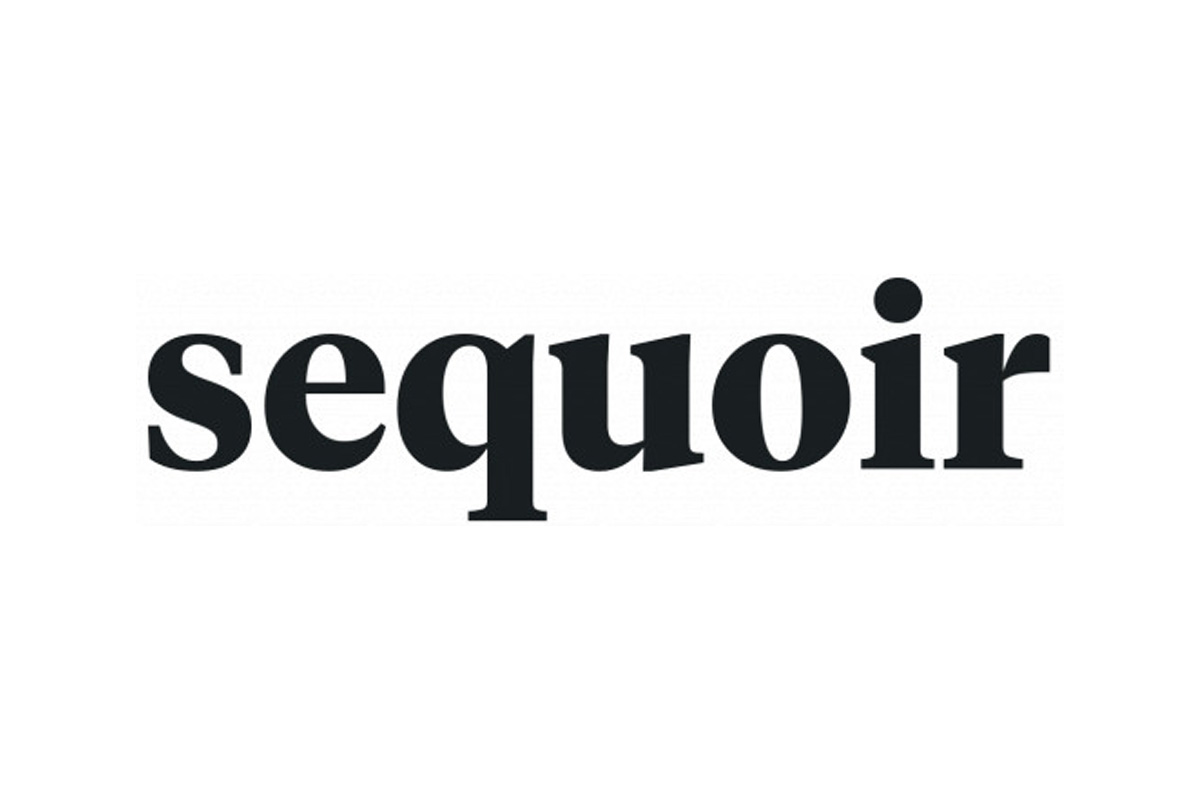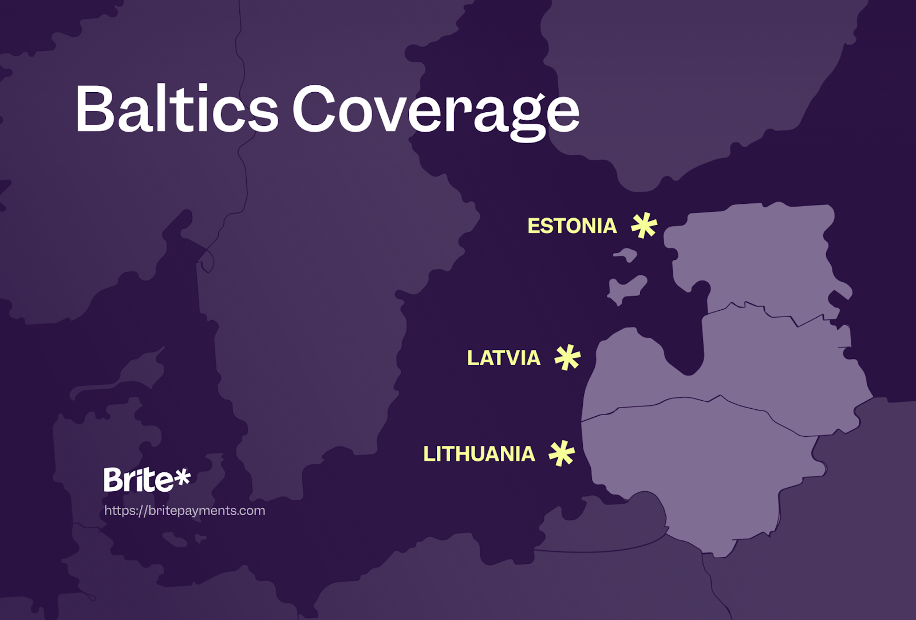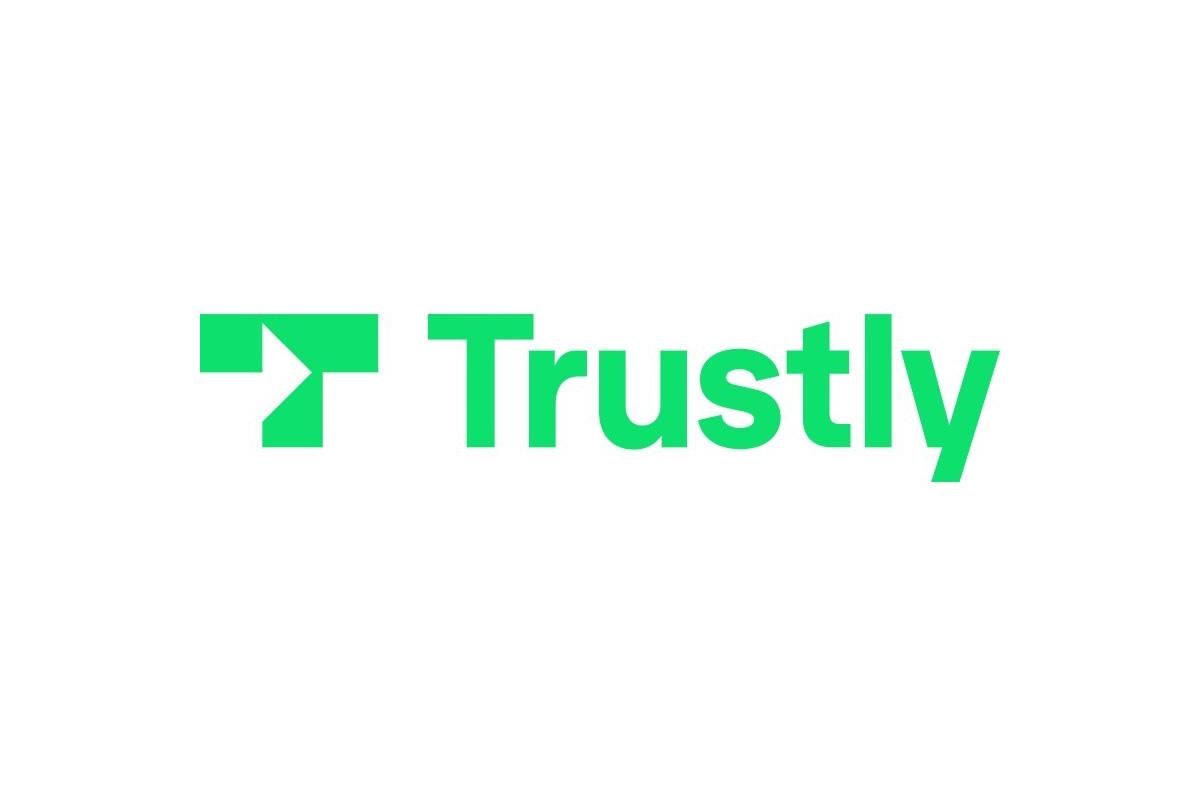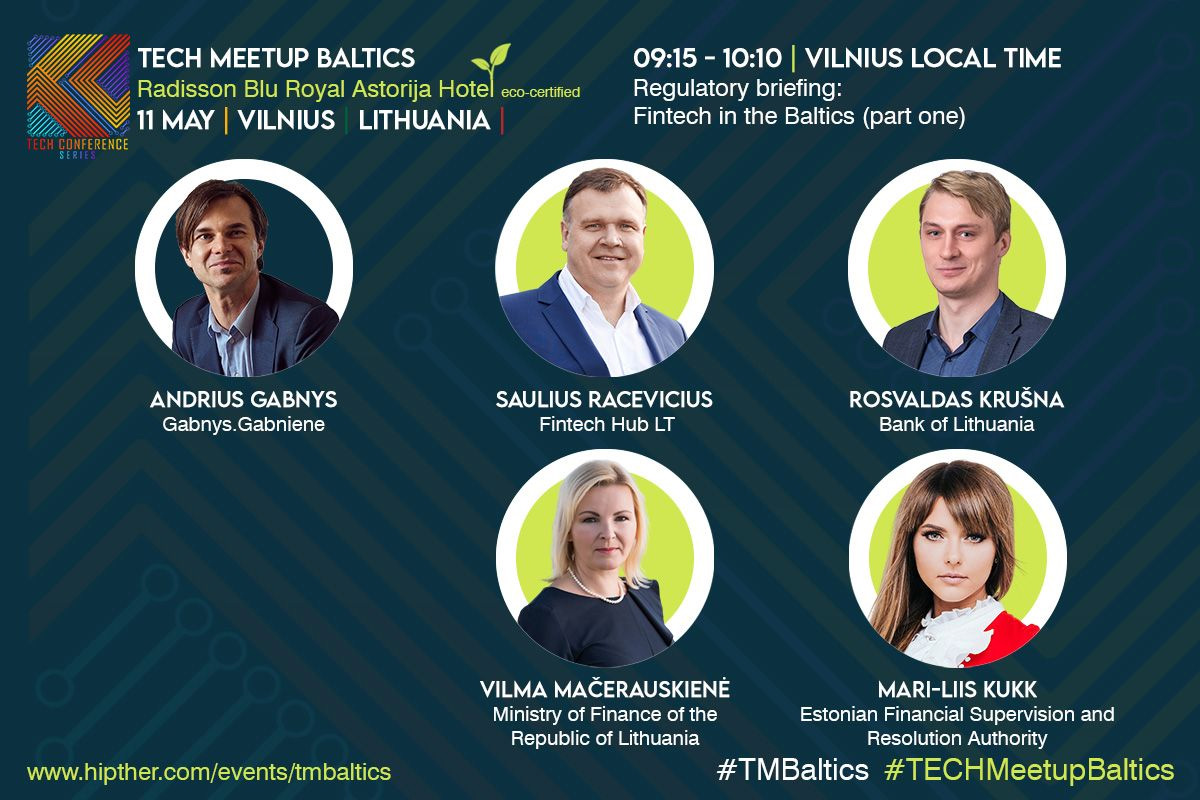Fintech
Helping financial institutions develop mobile banking easily: FinCell launches in Europe
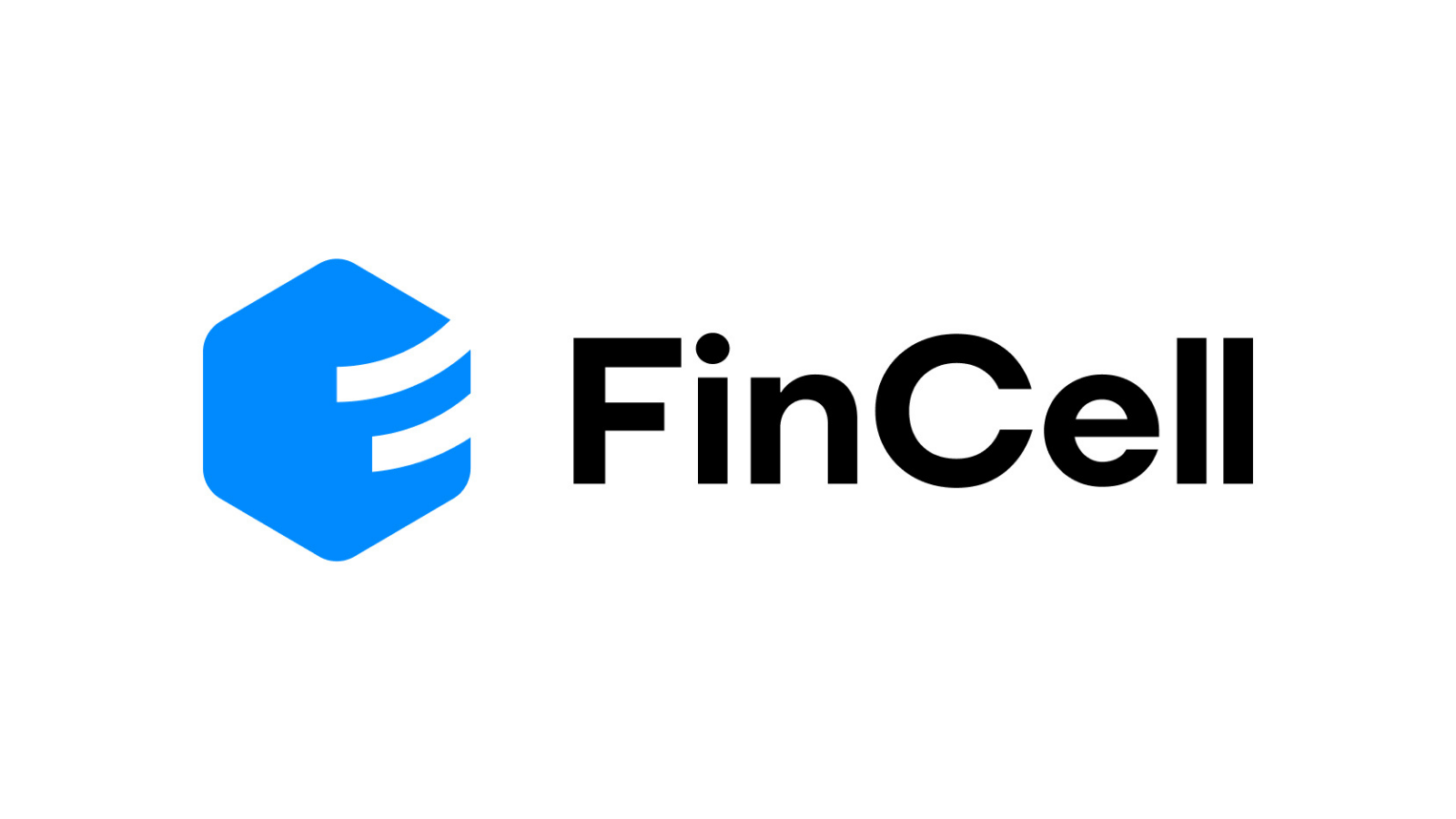
This October, a PSD2-based white-label mobile banking app FinCell launches to Baltic and Scandinavian countries. The Lithuanian startup spreads its mission on helping financial institutions such as banks or credit unions to develop their mobile banking effortlessly. FinCell ensures a smooth mobile banking development for small and medium-size financial institutions.
According to McKinsey, the preference for handling everyday transactions digitally is as high as about 60% to 85% across Western European markets, even for customers 65 years of age or older. It is known that the demand for mobile banking has existed for a while now. However, the FinCell team executed market research by collaborating with the Lithuanian Central Credit Union (LCCU) to acknowledge specific financial institutions’ needs. Also, the cooperation between the startup and LCCU highly supported FinCell’s solution formation and product functionality development to meet critical needs.
LCCU comprises 45 unions throughout Lithuania, which together form the LKU Credit Union Group, serving over 121 thousand customers across different country regions. “We are always looking for new ways to improve customer service standards and to help our clients save their time. These are the reasons why it was decided to collaborate with a fintech company, such as FinCell. We are extremely happy that his collaboration with the team of professionals has already given efficient results,” comments Mindaugas Vijūnas, Chief Executive Officer and Chairman of the Board of LCCU.
Offers to launch the mobile banking app in 6 months
The booming financial market requires fast and high-quality solutions at the same time. Founded this year, FinCell developed a white-label SaaS solution that you can use, adjust to the specific needs and launch as a mobile banking app in just six months.
By using FinCell, financial institutions don’t need to build anything from scratch, as the platform has all the top-notch features, ranging from basic to customized features required for a mobile banking app. Also, the FinCell app is cloud-deployed, making it more efficient to manage.
When discussing the essential safety and compliance functionalities, Vitalis Kavaliauskas, FinCell’s CTO, mentions: “FinCell works based on the Berlin Group Standard and NextGenPSD2, ensuring that all the technical and organizational standards are being met since FinCell integrates with an institution’s core system through open APIs.”

FinCell offers customers a flexible pricing model. “We want to ensure the highest-level experience for either small or medium-size financial institutions, that’s why FinCell provides a flexible pricing model optimized for growth. Customers pay a monthly flat fee, plus a specific amount depending on active users, using their mobile banking application. Such payment options give freedom for various financial companies that have multiple needs and resources”, says Vitalis Kavaliauskas.
The startup aims to give financial institutions the tools, making both financial services easier to access and improving the customer satisfaction level. As your customers can interact with your brand on their mobile phones, this uncovers additional growth opportunities for your business.
Developed by finance and technology experts
The startup idea has born and developed inside Baltic Amadeus – a technology company with over 30 years of experience developing solutions for financial institutions. Baltic Amadeus has already invested 200,000 EUR into FinCell’s product development. The company plans to make an additional 250,000 EUR investment during the following year.
“By having long-year expertise in tech and financial projects, we went deeper into acknowledging the mobile banking-related issues companies face. For this reason, we partnered closely with one of our clients, the LKU Credit Union Group, which helped us to understand and resolve the main pain points faced by financial institutions and the end-users,” comments Vitalis Kavaliauskas.
Experts who designed FinCell are certified in CISSP, CDPSE and CISA, bringing best industry practices to the solution that now is ready to be used by financial institutions. Also, FinCell creators are certified by ISO27001 and ISO9001, meaning safety and compliance were integrated into every step of FinCell development.
When speaking about the current startup’s ambitions, Vitalis Kavaliauskas explains: “The FinCell solution is limited to the eurozone, leading us to expand into countries that are European Union members. Our starting point becomes Baltic countries and Nordic markets, which will broaden within time. For now, we are giving in-depth attention to localization processes to provide the highest-quality experience for customers within different countries.”
Fintech
Central banks and the FinTech sector unite to change global payments space

The BIS, along with seven leading central banks and a cohort of private financial firms, has embarked on an ambitious venture known as Project Agorá.
Named after the Greek word for “marketplace,” this initiative stands at the forefront of exploring the potential of tokenisation to significantly enhance the operational efficiency of the monetary system worldwide.
Central to this pioneering project are the Bank of France (on behalf of the Eurosystem), the Bank of Japan, the Bank of Korea, the Bank of Mexico, the Swiss National Bank, the Bank of England, and the Federal Reserve Bank of New York. These institutions have joined forces under the banner of Project Agorá, in partnership with an extensive assembly of private financial entities convened by the Institute of International Finance (IIF).
At the heart of Project Agorá is the pursuit of integrating tokenised commercial bank deposits with tokenised wholesale central bank money within a unified, public-private programmable financial platform. By harnessing the advanced capabilities of smart contracts and programmability, the project aspires to unlock new transactional possibilities that were previously infeasible or impractical, thereby fostering novel opportunities that could benefit businesses and consumers alike.
The collaborative effort seeks to address and surmount a variety of structural inefficiencies that currently plague cross-border payments. These challenges include disparate legal, regulatory, and technical standards; varying operating hours and time zones; and the heightened complexity associated with conducting financial integrity checks (such as anti-money laundering and customer verification procedures), which are often redundantly executed across multiple stages of a single transaction due to the involvement of several intermediaries.
As a beacon of experimental and exploratory projects, the BIS Innovation Hub is committed to delivering public goods to the global central banking community through initiatives like Project Agorá. In line with this mission, the BIS will soon issue a call for expressions of interest from private financial institutions eager to contribute to this ground-breaking project. The IIF will facilitate the involvement of private sector participants, extending an invitation to regulated financial institutions representing each of the seven aforementioned currencies to partake in this transformative endeavour.
Source: fintech.globa
The post Central banks and the FinTech sector unite to change global payments space appeared first on HIPTHER Alerts.
Fintech
TD Bank inks multi-year strategic partnership with Google Cloud

TD Bank has inked a multi-year deal with Google Cloud as it looks to streamline the development and deployment of new products and services.
The deal will see the Canadian banking group integrate the vendor’s cloud services into a wider portion of its technology solutions portfolio, a move which TD expects will enable it “to respond quickly to changing customer expectations by rolling out new features, updates, or entirely new financial products at an accelerated pace”.
This marks an expansion of the already established relationship between TD Bank and Google Cloud after the group previously adopted the vendor’s Google Kubernetes Engine (GKE) for TD Securities Automated Trading (TDSAT), the Chicago-based subsidiary of its investment banking unit, TD Securities.
TDSAT uses GKE for process automation and quantitative modelling across fixed income markets, resulting in the development of a “data-driven research platform” capable of processing large research workloads in trading.
Dan Bosman, SVP and CIO of TD Securities, claims the infrastructure has so far supported TDSAT with “compute-intensive quantitative analysis” while expanding the subsidiary’s “trading volumes and portfolio size”.
TD’s new partnership with Google Cloud will see the group attempt to replicate the same level of success across its entire portfolio.
Source: fintechfutures.com
The post TD Bank inks multi-year strategic partnership with Google Cloud appeared first on HIPTHER Alerts.
Fintech
MAS launches transformative platform to combat money laundering

The MAS has unveiled Cosmic, an acronym for Collaborative Sharing of Money Laundering/Terrorism Financing Information and Cases, a new money laundering platform.
According to Business Times, launched on April 1, Cosmic stands out as the first centralised digital platform dedicated to combating money laundering, terrorism financing, and proliferation financing on a worldwide scale. This move follows the enactment of the Financial Services and Markets (Amendment) Act 2023, which, along with its subsidiary legislation, commenced on the same day to provide a solid legal foundation and safeguards for information sharing among financial institutions (FIs).
Cosmic enables participating FIs to exchange customer information when certain “red flags” indicate potential suspicious activities. The platform’s introduction is a testament to MAS’s commitment to ensuring the integrity of the financial sector, mandating participants to establish stringent policies and operational safeguards to maintain the confidentiality of the shared information. This strategic approach allows for the efficient exchange of intelligence on potential criminal activities while protecting legitimate customers.
Significantly, Cosmic was co-developed by MAS and six leading commercial banks in Singapore—OCBC, UOB, DBS, Citibank, HSBC, and Standard Chartered—which will serve as participant FIs during its initial phase. The initiative emphasizes voluntary information sharing focused on addressing key financial crime risks within the commercial banking sector, such as the misuse of legal persons, trade finance, and proliferation financing.
Loo Siew Yee, assistant managing director for policy, payments, and financial crime at MAS, highlighted that Cosmic enhances the existing collaboration between the industry and law enforcement authorities, fortifying Singapore’s reputation as a well-regulated and trusted financial hub. Similarly, Pua Xiao Wei of Citi Singapore and Loretta Yuen of OCBC have expressed their institutions’ support for Cosmic, noting its potential to ramp up anti-money laundering efforts and its significance as a development in the banking sector’s ability to combat financial crimes efficiently. DBS’ Lam Chee Kin also praised Cosmic as a “game changer,” emphasizing the careful balance between combating financial crime and ensuring legitimate customers’ access to financial services.
Source: fintech.global
The post MAS launches transformative platform to combat money laundering appeared first on HIPTHER Alerts.
-
Latest News6 days ago
DEMAND AT ASIAN FACTORIES RISES AT STRONGEST RATE IN OVER 2 YEARS, IMPROVING NEAR-TERM GROWTH OUTLOOK FOR MANUFACTURING WORLDWIDE: GEP GLOBAL SUPPLY CHAIN VOLATILITY INDEX
-
Latest News6 days ago
Bitrue Gears Up for 2024 Bitcoin Halving with Trading Competition
-
Latest News6 days ago
Global Airlines Appoints New Head of Finance from KPMG
-
Latest News5 days ago
“The Hainan FTP and Me”: Looking at Hainan’s Transformations
-
Latest News6 days ago
Spendesk combines procurement with spend management through Okko acquisition
-
Latest News6 days ago
BtcTurk Organizes Half Marathon in Istanbul to Celebrate Halving Period
-
Latest News3 days ago
Millions of people unite around doing good on the 18th International Good Deeds Day held yesterday worldwide
-
Latest News7 days ago
99Bitcoins Reveals Website Revamp and Expansion Plans With Incentivized Learning Through Tokenization


